Organizing the European edition of the Conservative Political Action Conference, or CPAC, has been one of the cornerstones of Hungary’s governing party Fidesz’s external relations. Bringing the yearly conference of the American Republican Party to Europe with all its frills – including video messages by former President Donald Trump and American conservative media guru Tucker Carlson – along with keynote speeches by sometimes esteemed, sometimes controversial members of the European right, it surely looks its part: CPAC Hungary is a tour de force for Fidesz’s Hungary, as well as an agora for the European and American right to connect.
A report by Sergio Velasco
This year’s CPAC was the first of such events I had the opportunity to attend. CPAC Hungary 2023 seemed to be a major event beforehand and being there as a young non-Hungarian European journalist was a defining discovery and a truly unique experience.
All the more because CPAC is only held in one country in Europe, nowhere else on the old continent. This may come as a surprise to those not up-to-date with European, and specifically Hungarian politics. This Central European country has a population less than 10 million, is not spectacularly well-off and does not have a major army. So why is it held there? In the words of Hungarian Prime Minister Viktor Orbán: “The reason is that Hungary is an incubator, where experiments are being conducted for the conservative politics of the future”. And this is absolutely true.
Hungary is the right country to hold CPAC because it has the policies, the politicians, the society and the freedom to hold this event without any major problems arising. Holding such an event today in Spain, France, Belgium or Sweden would not only be difficult, but could have dire consequences.
Therefore, although it may be obvious that CPAC is held in Hungary, it has a lot of merit to be the only European country to hold this event, the largest conservative event where personalities of all kinds gather.
The lineup of speakers was well put together. CPAC Hungary had speakers from all over the world. Obviously, since the original event is American and this spin-off was held in Hungary, there was an overrepresentation from these two countries, but that is logical and normal. Even so, there have been very important and notable representatives from many countries. One of the things I want to highlight is the participation of young figures, such as Eva Vlaardingerbroek from Holland, Jordan Bardella from France, Juan Angel Soto from Spain or Francesco Giubilei from Italy.
That is to say, with no disrespect to our dear elders, it was not the typical event of old men who always talk and tell the same thing, but there were other types of speakers with new experiences and perspectives, and that is always appreciated.
As a young person, I could experience how valuable this opportunity is. First of all, because you meet people from all walks of life, i.e. not only politicians, but also people from the media, be it TV, newspapers, podcast hosts and people who run social networks. In addition, you can meet people from think tanks and associations.
All in all, it is the perfect event for a young person who doesn’t know what to do during or after the degree, or for someone who already has a clear idea and is looking for support to empower himself.
As a European and non-Hungarian, I want to say that it is also a very complete event. I have to emphasize that as a Spaniard I had the opportunity to meet three compatriots, which gives me a certain advantage. Even so, we have had presentations of great intellectual level from all over Europe: Portugal, Spain, France, Italy, Netherlands, Belgium, Slovenia, Poland, Czech Republic, Slovakia, Hungary, Poland. In addition, we had great speakers from the United States, Japan and Latin America. Although the list of countries of origin is quite long, no one felt like a foreigner at the event. On the contrary, we all felt part of a homogeneous entity thanks to the shared values.
In short, this event was very complete. I want to mention that it gave me the possibility to meet organizations and media that I did not know, even though I am in constant movement within the conservative movement. It also gave me access as press to speakers that would have been difficult or very expensive to interview or engage in conversation before. In addition, I was able to meet friends from the conservative movement, which at an event of this type is possible to see, and I was able to network with. I left with a great experience, new friends, more consolidated friendships, new knowledge, more contacts and the possibility of new opportunities.
In closing, I want to leave a short remark on what CPAC can deliver. I asked my good friend, geopolitical analyst and CPAC event organizer Zoltán Koskovics:
“CPAC provides a unique sense of community. Of being where the action is, with people with whom you share a common cause and camaraderie. In that sense, it is very valuable to young people in the conservative movement. The young are not known for their exaggerated respect for the wisdom of the older generations, but we try to bring speakers who can inspire even them – the Prime Minister is an excellent example. We have also brought some young conservative leaders like Gavin Wax or Eva Vlaardingerbroek who are clearly wise beyond their years and can connect with all generations. But perhaps more important is what young people can bring to CPAC. That is vigor, dynamism, a sense of confidence and purpose. We need these qualities more than ever in the fight ahead against the globalists.”

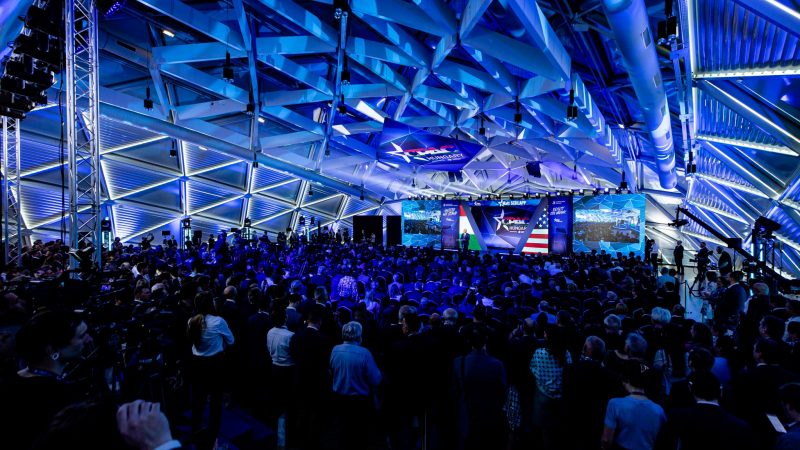
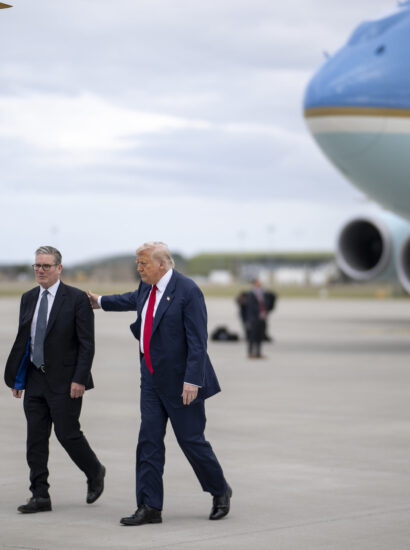
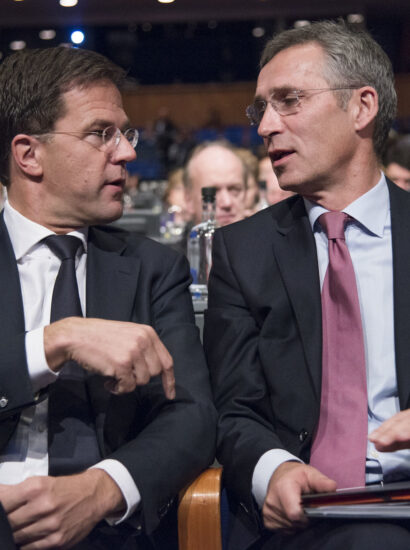
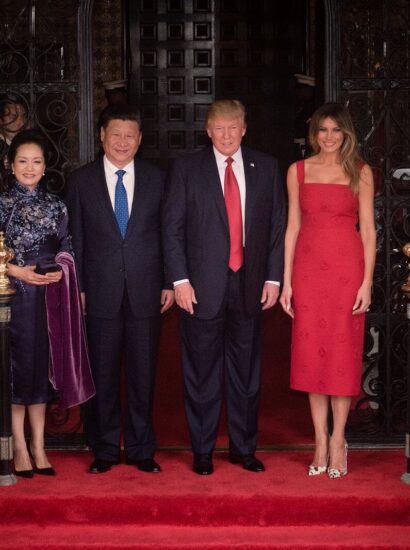
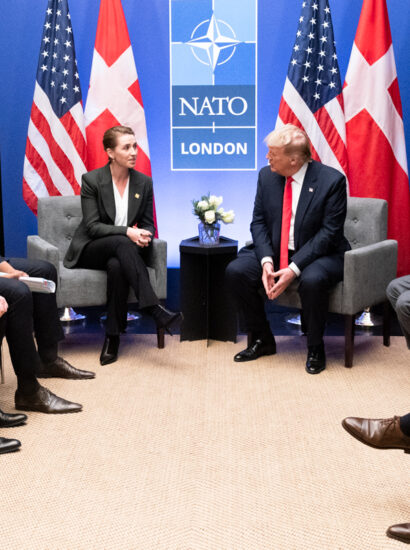
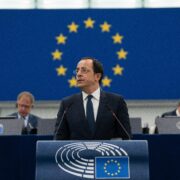
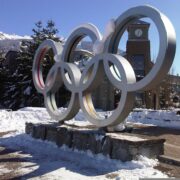
[…] of culture and tradition for any country. After this, as has become traditional in other types of conservative political events, it was the turn of the representatives of the Christian and Jewish religions to say a few prayers […]